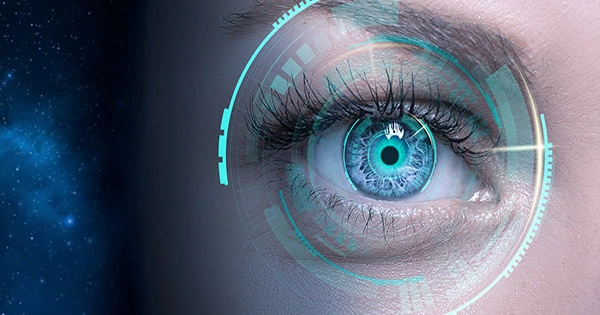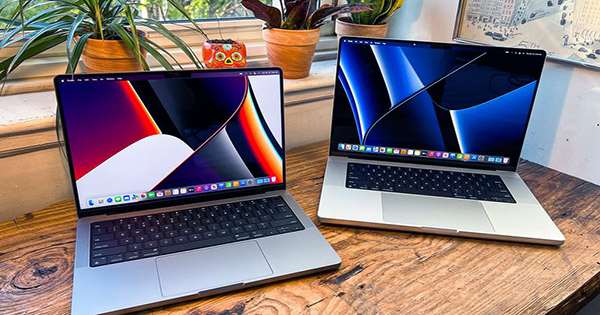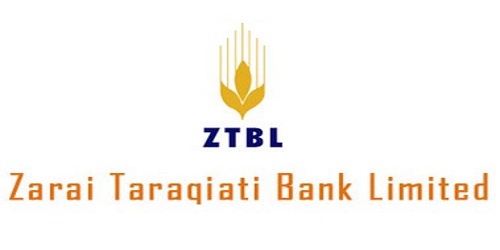Since seeing an early prototype in Las Vegas a few CESes ago, we’ve known Mojo Vision’s path to market would be long and methodical. When attempting to implement something innovative and tiny that’s supposed to be worn on one of the more susceptible regions of the human anatomy, you can compound all of the discussion about hardware being difficult several times over. The San Francisco-based company today unveiled a new prototype of its augmented reality contact lens technology. The system is based on Mojo’s “Invisible Computing,” which is a heads-up display that overlays information onto the lens.
Essentially, it’s an attempt to bring to life the technology featured in every science-fiction film released in the last 40 years. The setup also includes an updated version of the startup’s operating system, all of which is intended to lessen user reliance on screens by effectively moving the screen in front of their eyes. The system is based on a 0.5-millimeter microLED display with a 14,000-pixel-per-inch pixel density. Micro-optics is used to highlight the text overlays, and data is sent and received across a 5GHz range. An ARM Core M0 CPU is responsible for all of this.
On-board is an eye-tracking device that uses accelerometer, gyroscope, and magnetometer measurements to identify how the wearer’s gaze moves. As a result, the system’s hands-free control is built on this base. According to the firm, we’ve been innovating, constructing, and integrating systems that many people thought couldn’t be created, let alone operable in a contact lens form factor since we first unveiled Mojo Lens to the world in January 2020. “I knew there will be smart contact lenses, but I assumed they’d be 10 or 20 years out, not now,” says the most typical response we get when we show off this latest prototype.
This is occurring, and I’m looking forward to the next steps in realizing Invisible Computing’s promise. Of course, things are still in prototype mode, so “now” isn’t quite “now.” As part of its Breakthrough Devices Program, the business continues to collaborate with the FDA to assist bring the technology to market. Previously, the business announced agreements with fitness brands like as Adidas Running to develop exercise apps for the technology.
















